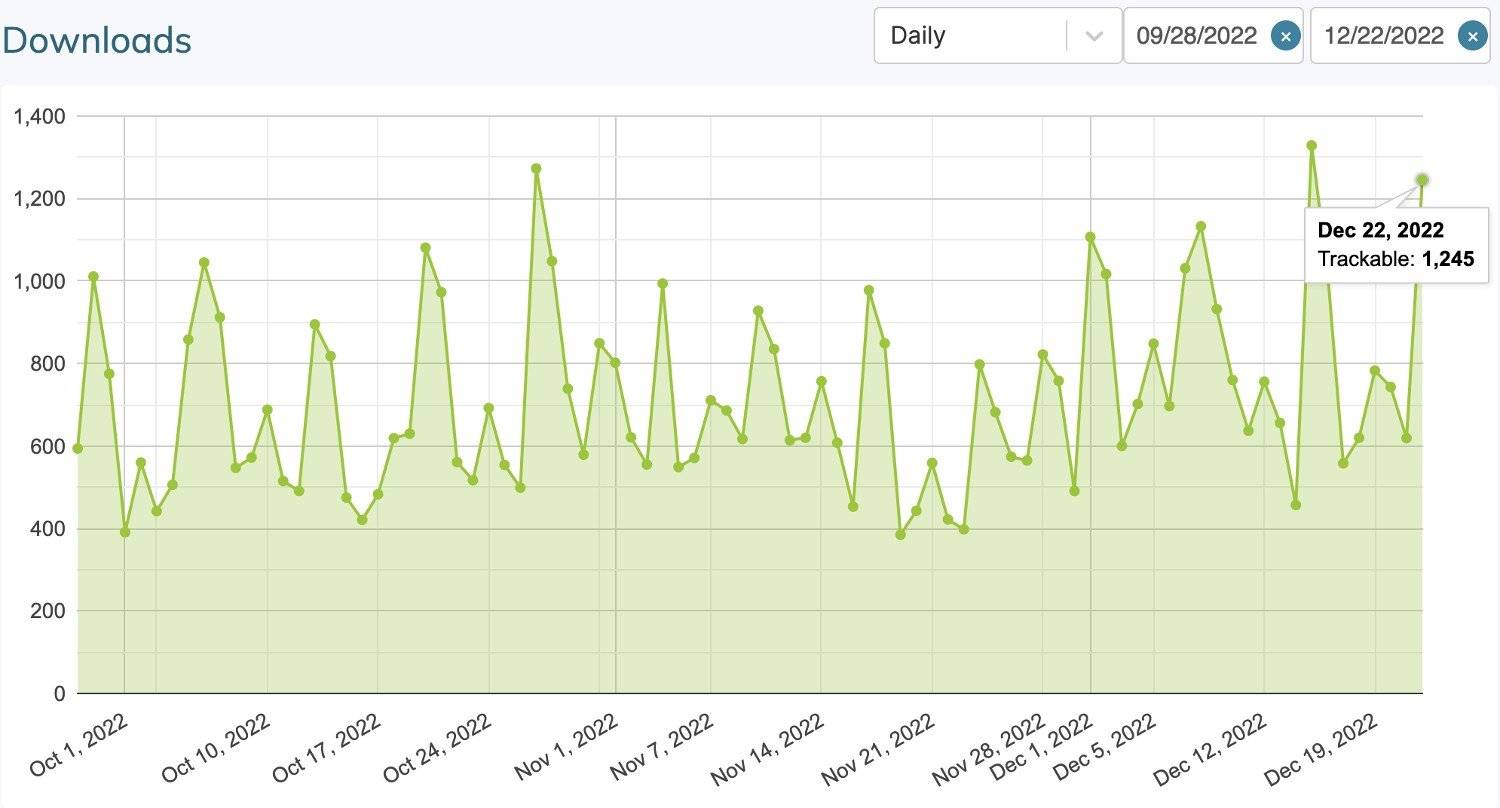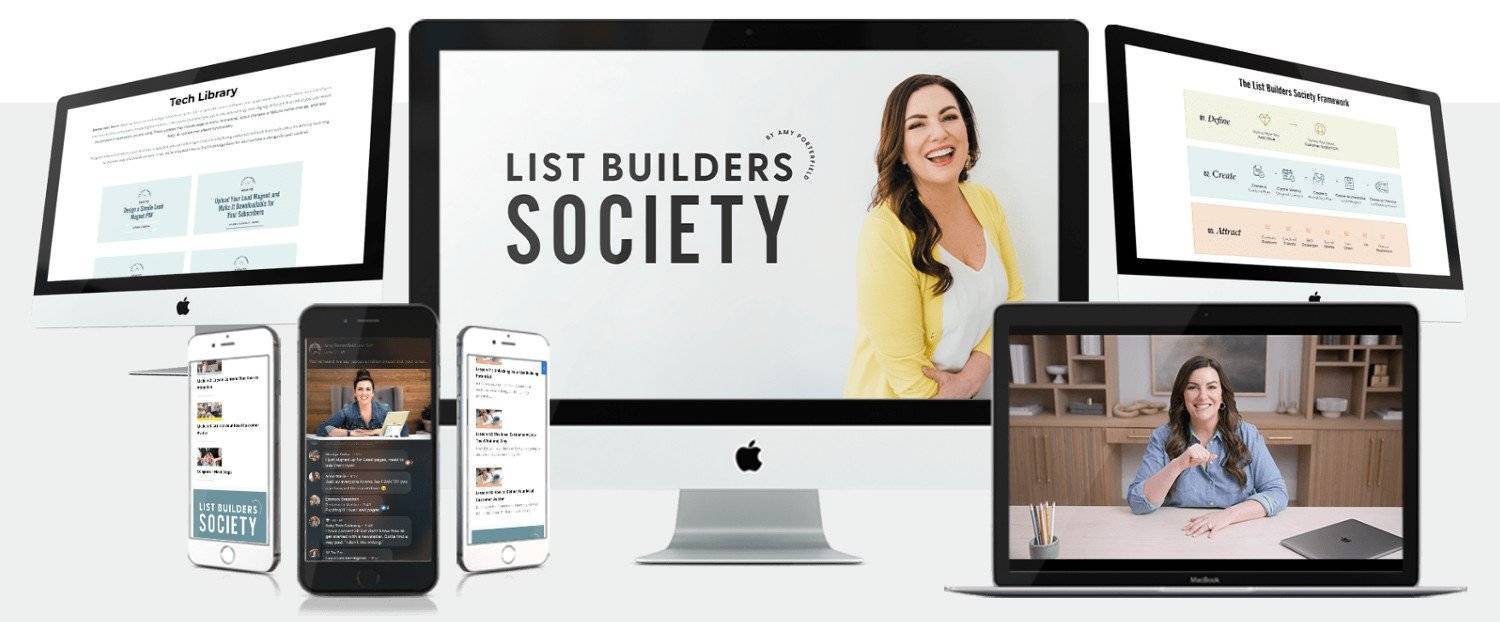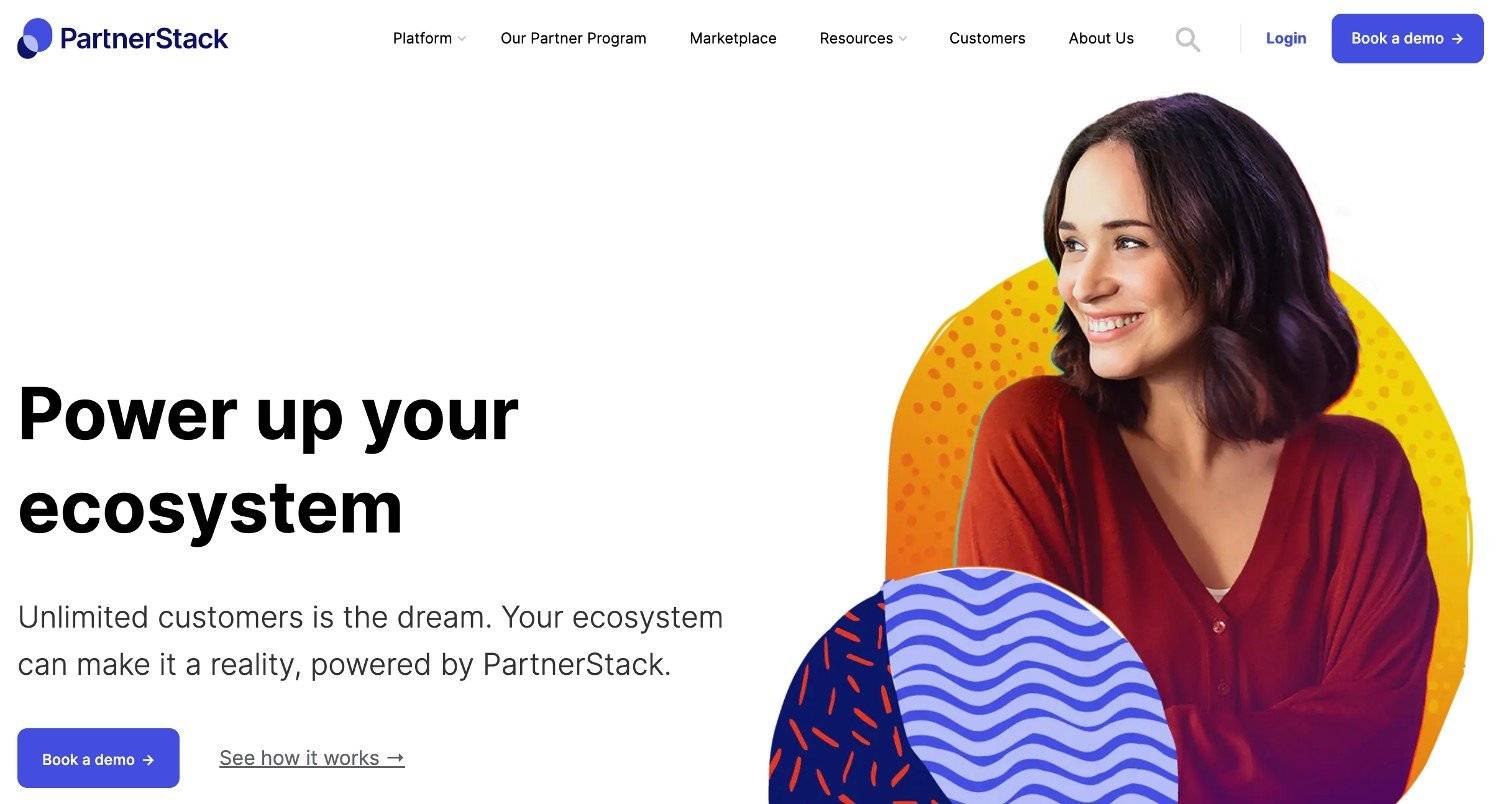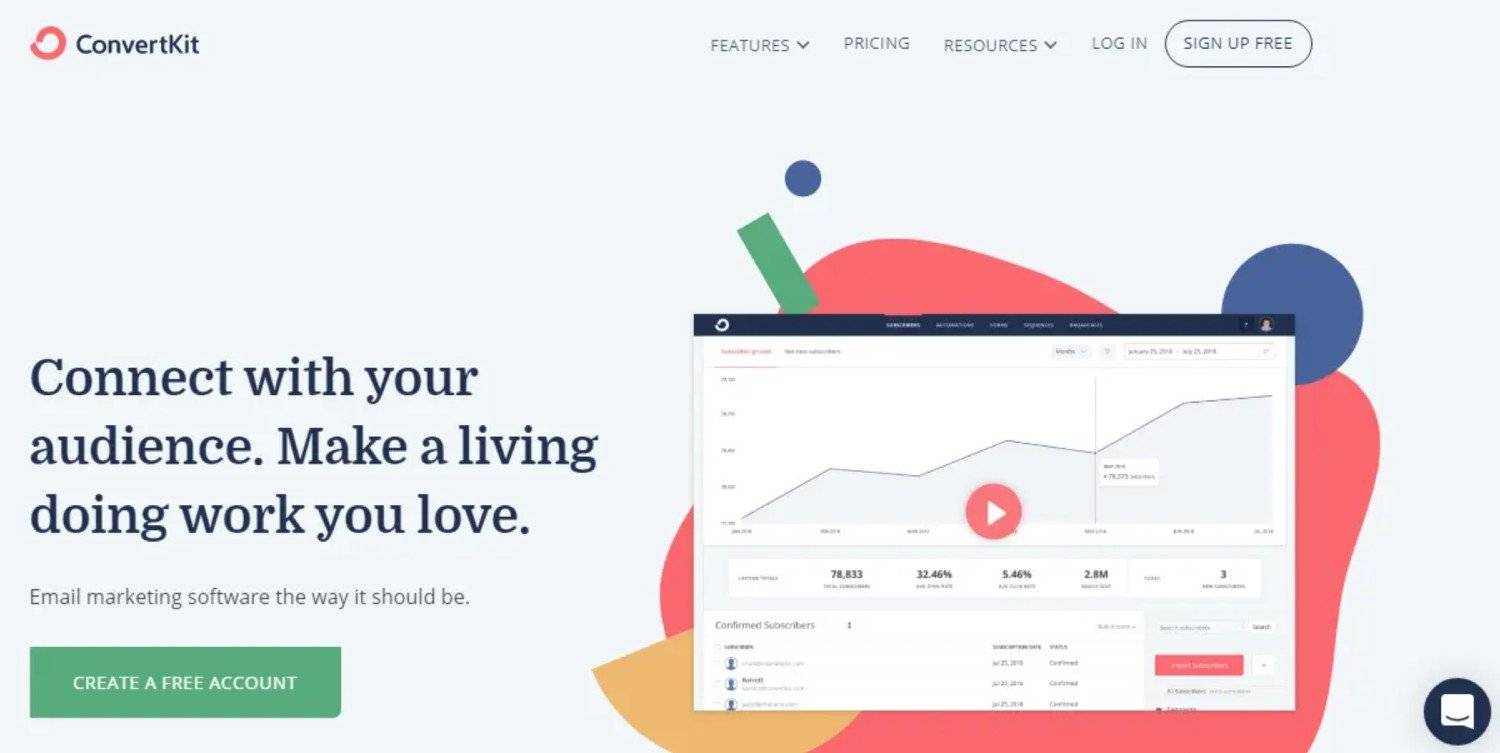Calan Breckon • Updated June 8, 2023
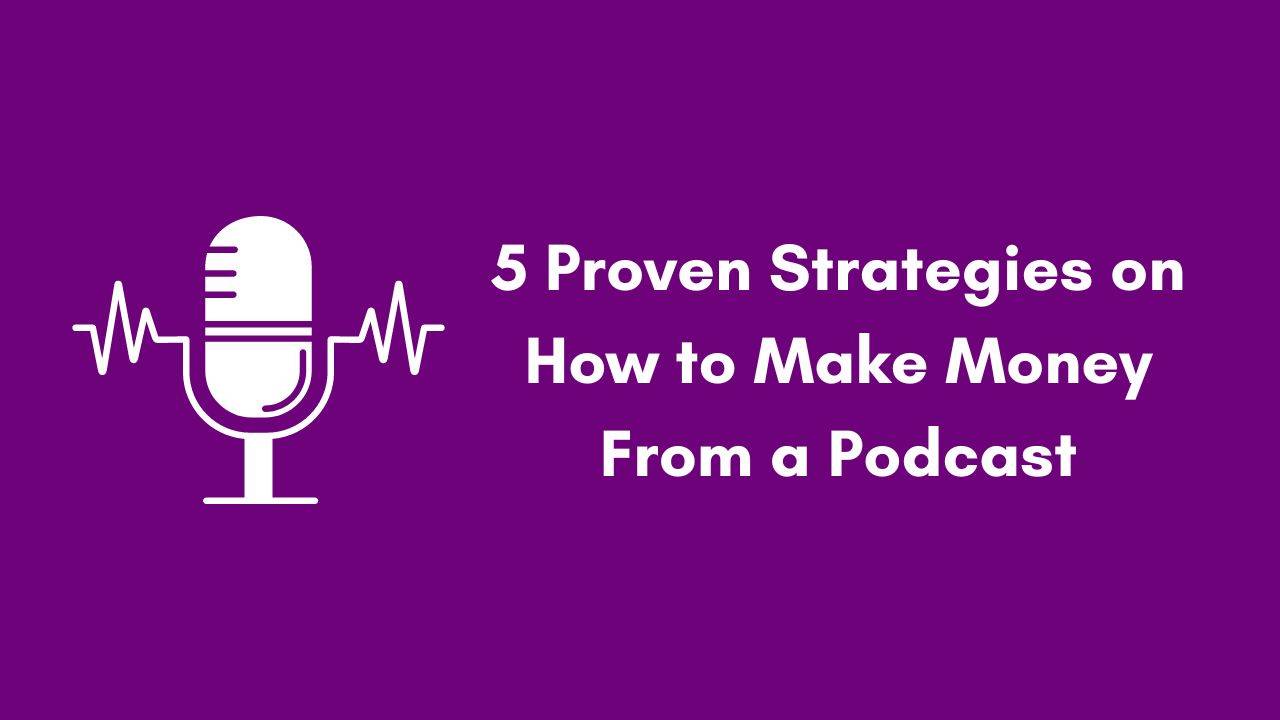
Podcasting has exploded in popularity over the past few years, with millions of people tuning in to listen to their favorite shows on a variety of topics. From true crime to business advice, there is a podcast for just about every interest out there.
As a podcaster, it’s important to think about how you can monetize your show in order to make it a financially sustainable endeavor. While podcasting can certainly be a hobby or a passion project, it can also be a source of income if you’re able to effectively monetize your show.
In this post, I’ll be discussing 5 proven strategies on how to make money from a podcast. Whether you’re just starting out or have been podcasting for a while, these strategies can help you generate revenue from your show and turn it into a profitable business.
I’ve been podcasting for over 2 years now and have learned a lot about the dos and don’ts of podcasting so make sure to read until the end (it’s not very long).
Strategies for Monetizing a Podcast:
Sponsorship and Advertising
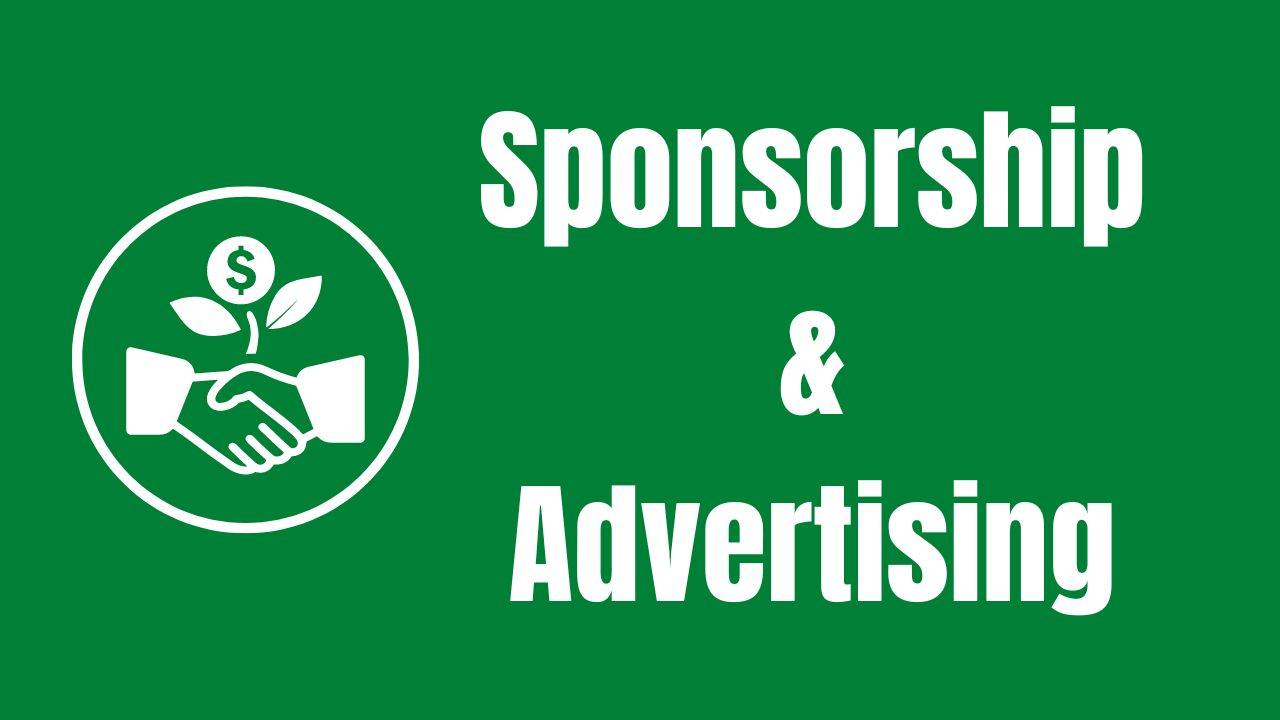
One of the most common ways to monetize a podcast is through sponsorship and advertising. This involves finding companies or brands that are interested in promoting their products or services to your listeners.
To start, it’s important to identify potential sponsors and advertising partners that align with your podcast’s theme and audience. This could include companies in your industry or those that offer products or services that your listeners may be interested in. For my podcast, we have a base of all men, and all of the hosts are men with facial hair, so one of our sponsors ended up being a men’s shaver. It was a natural alignment that made sense for us and our listeners.
Once you’ve identified potential sponsors and advertising partners, it’s time to start negotiating rates and creating sponsorship packages. This can involve discussing the length of the sponsorship, the number of ads included, if the ads will be at the beginning, middle, or end of the podcast episode, and any additional perks or benefits like discount codes or free samples.
(actual daily download data from my podcast using Chartable to track the stats)
Keep in mind you’re probably going to need to build a fanbase of listeners before you can start going after sponsors and advertising. You don’t have to have huge numbers, but you need to at least have some. I only started working with sponsors after about a year and a half of putting out a new podcast episode each week.
When it comes to effectively incorporating sponsors and ads into your podcast, it’s important to be transparent with your listeners and clearly disclose that the sponsorship is a paid advertisement. It’s literally the law so make sure you check out how to do it correctly and that you’re following FTC guidelines.
You should also make sure to choose sponsors and ads that are relevant to your audience and fit naturally within your show. That way your listeners won’t be completely caught off guard by the ads and it will be more likely that they will be interested in what’s being offered.
Selling Products or Services
Another way to monetize your podcast is by selling products or services directly to your audience. This could include physical products such as books, online courses, merchandise, a membership program, or it could be services such as coaching or consulting.
Once you’ve identified a product or service to sell, you’ll need to promote it through your podcast and other channels. This could involve mentioning the product or service on your show, creating dedicated episodes to promote it, or including it in your show notes or website.
I do this on the podcast I host. I offer online an course about how to make money online, which is a beginner course for how to start an online business. I usually have it mentioned in the introduction to the show after any ads I might have had.
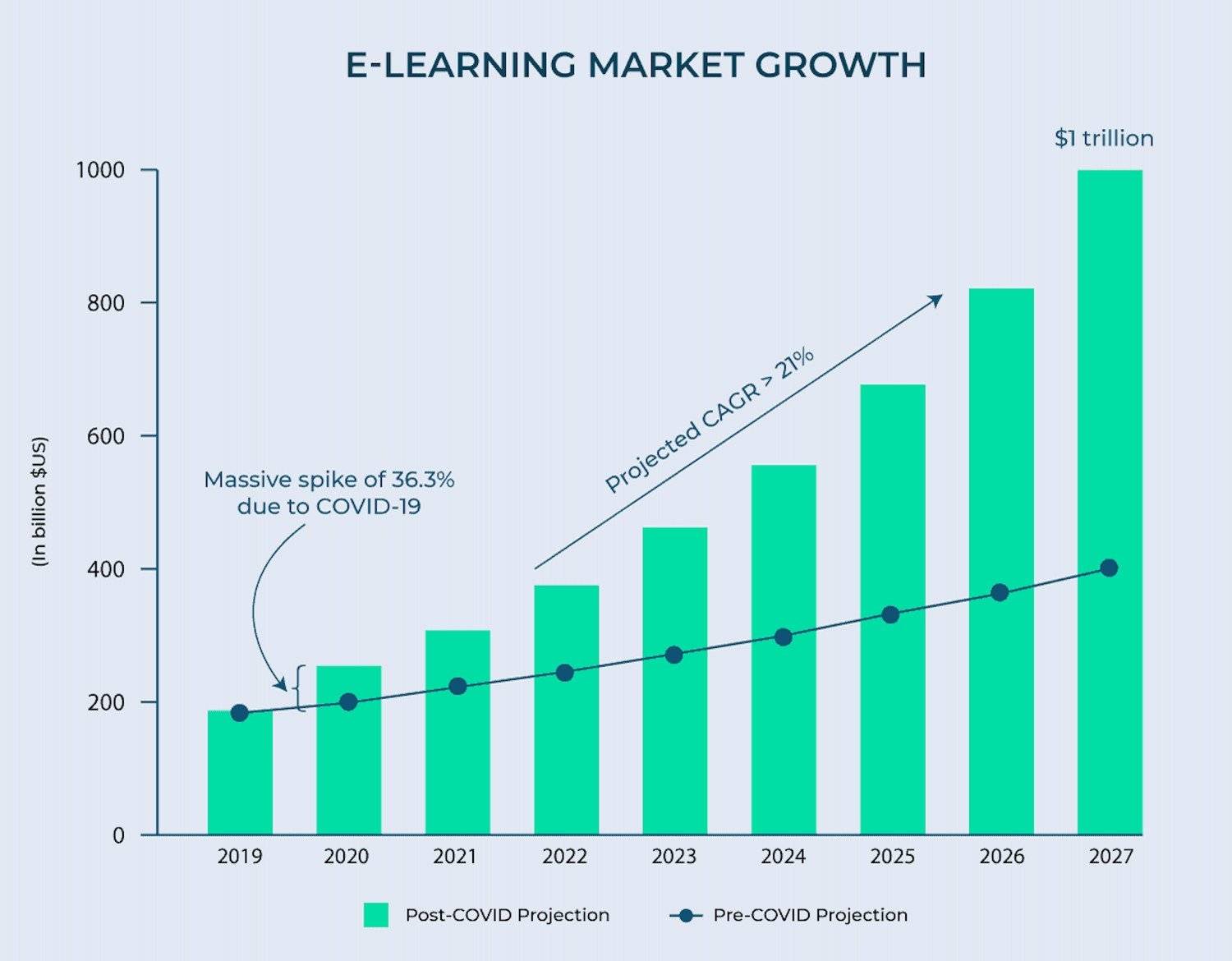
In addition to promoting and selling products or services directly to your audience, your podcast can also be a powerful platform for building your personal brand. By consistently putting out high-quality content and building a loyal following, you can establish yourself as an expert in your field and use your podcast to attract new clients or customers.
This can also be done by being a guest on other people’s podcasts in the same niche and then telling them either about your own podcast or about the services and products you offer. I did this when I was a guest on Amy Porterfield’s “Online Marketing Made Easy” podcast.
Patreon and Crowdfunding
Patreon and crowdfunding platforms such as Kickstarter and Indiegogo can be a great way to monetize your podcast and generate revenue from your supporters.
To start, you’ll need to set up a Patreon account or choose a crowdfunding platform that works for you. Patreon allows listeners to support your show on a recurring basis, while crowdfunding platforms allow you to launch a one-time campaign to fund a specific project or goal.
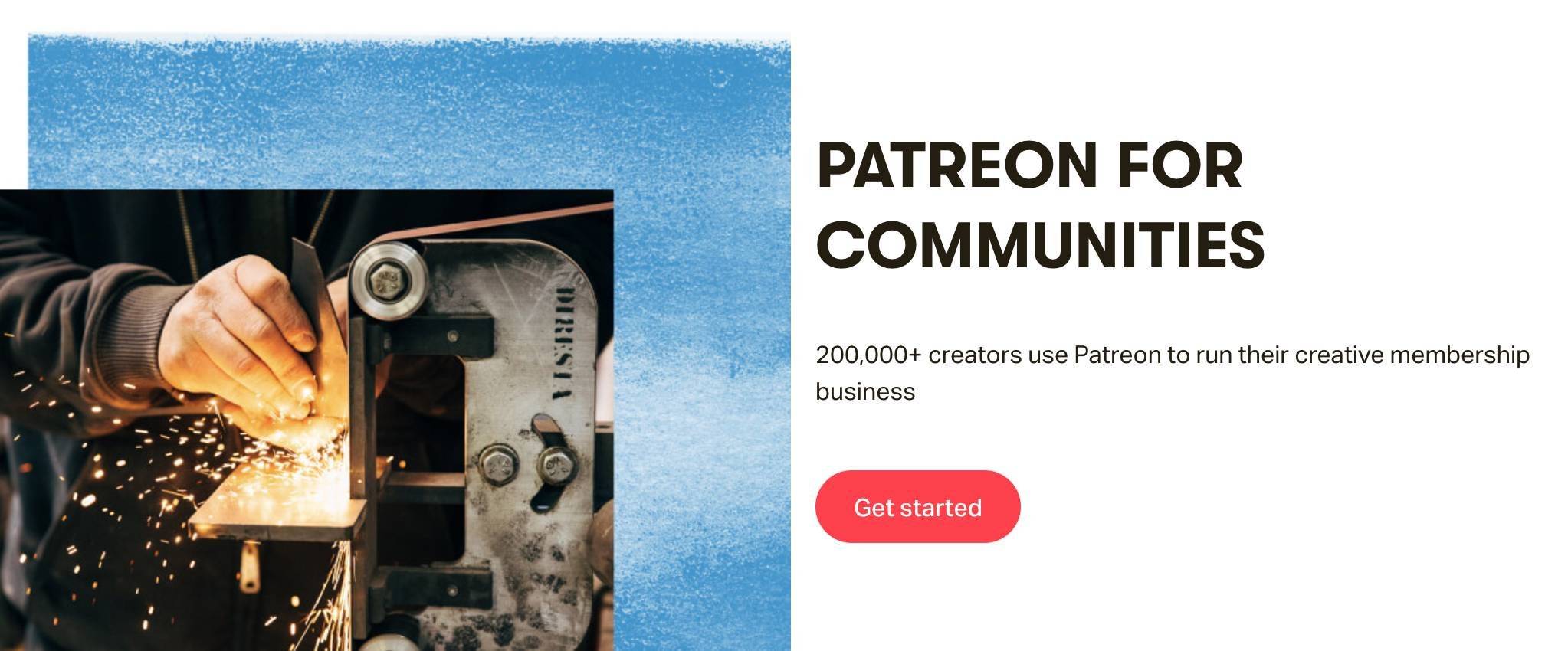
Once you’ve set up your Patreon account or launched a crowdfunding campaign, it’s important to offer perks and incentives to your supporters. This could include exclusive content, early access to episodes, or personalized shoutouts on your show. The more value you can offer your supporters, the more likely they are to contribute.
To promote your Patreon account or crowdfunding campaign, it’s important to utilize social media and your email list to get the word out. You can also mention your Patreon account or crowdfunding campaign on your show and include links in your show notes or website.
We have this for our podcast and it’s a great way to connect to your listeners and community. We offer things like shirts with the podcast cover art on it as one of our perks and the best part about Patreon is that you don’t need to order any merch before. Patreon can do a made-to-order for each person who chooses that perk. It’s so much easier than bulk ordering and hoping for the best.
Affiliate Marketing
Affiliate marketing has gotten a bad rap over the years. It often brings up memories of Aunt Sue trying to sell you something from some multi-level marketing company she just joined. What I’m about to share in regard to affiliate marketing is not that.
Affiliate marketing involves promoting products or services from other companies and earning a commission for any sales that result from your promotion. This can be a great way to monetize your podcast without having to create and sell your own products or services.
To start, you’ll need to find something to promote as an affiliate. For instance, I’ve taken Amy Porterfield’s Digital Course Academy program on how to create an online course. After I created my own successful online courses a few times I felt like Amy was the real deal and so I requested to become an affiliate. I was approved and now get to promote her DCA program and make a commission from every sale that goes through my special affiliate link.
Once you’ve identified a potential affiliate product or service, you’ll need to sign up for the program and receive a unique affiliate link to use in your promotions. You won’t always get approved to be an affiliate but there are tons of markets out there to go after. There are also programs you can join like PartnerStack that house all your affiliate links under one roof so you can easily keep track of the ones you join.
To incorporate affiliate links into your podcast, you can mention the product or service on your show and include the affiliate link in your show notes or on your website. You can also create dedicated episodes to promote the product or service in more detail if you want but we usually like to keep it pretty natural.

When it comes to effectively promoting affiliate programs to your audience, it’s important to be transparent and disclose that you’re using an affiliate link because it’s the law.
You should also make sure to only promote products or services that you genuinely believe will be valuable to your listeners. If you’ve never tried the product or don’t genuinely believe in it, then don’t become an affiliate for it.
I believe in Karma and if you’re only in it to make money then to me you’ve lost the point of podcasting. It’s also a good idea to offer value to your audience by providing detailed information about the product or service and explaining why you like it, which you can’t do if you’ve never tried it.
Live Events and Merchandise
Hosting live events and selling merchandise can be a great way to monetize your podcast and engage with your audience in person.
To start, you can consider hosting live events or meetups related to your podcast’s theme. These could be in-person events such as workshops or conferences, or they could be virtual events such as webinars or online courses. By charging admission or registration fees, you can generate revenue from these events.
For my podcast, we always host one monthly group Zoom hangout to talk about the topics we covered during that month on the podcast. We’ve also hosted a few in-person events that were general meetups which were really nice because then we get to meet listeners face to face which is always fun.
In addition to hosting live events, you can also monetize your podcast by selling merchandise such as t-shirts, hats, or other items with your podcast’s branding. This can be a great way to engage with your audience and offer them a tangible way to show their support for your show. I’ve already talked about how Patreon offers a great option for merch that has zero overhead.
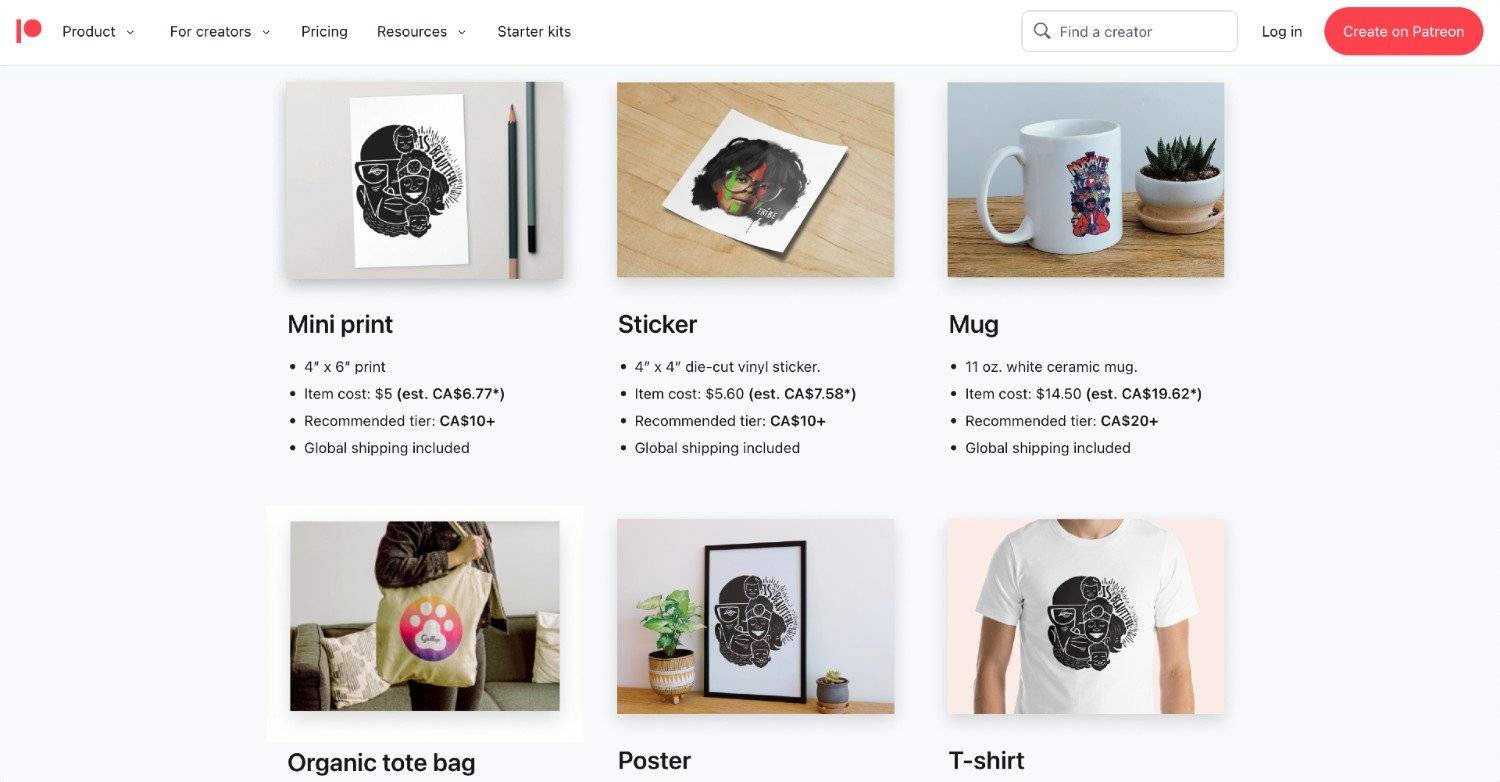
To promote your live events and merchandise, it’s important to utilize social media and your email list to get the word out.
Your email list is one of the most important aspects of monetizing your podcast so make sure you start early. You can start collecting emails for free using a platform like ConvertKit which has tons of free email landing page templates and then as you grow you can upgrade your account to start using the more premium features. Do not wait to do this, if you take any advice from this article, let it be to start your email list now, not tomorrow.
A pro tip for building an email list fast is by creating a fun quiz that you can promote with ads.
You can also mention your events and merchandise on your show and include links in your show notes or website. By consistently promoting your events and merchandise, you can attract new attendees and customers and generate additional revenue for your podcast.
Conclusion
In this post, I discussed 5 proven strategies for monetizing your podcast: sponsorship and advertising, selling products or services like online courses or membership programs, Patreon and crowdfunding, affiliate marketing, and live events and merchandise.
While each of these strategies can be effective, it’s important to remember that the right monetization strategy for your podcast will depend on your audience, your goals, and your unique circumstances. It may take some experimentation to find the right approach for your show, so don’t be afraid to try out different strategies and see what works best for you.
And remember, it’s going to take time to build your audience so plan long-term. This isn’t a “get rich quick” deal. This is a business and passion you’re going to continue to grow over the years to come.
Overall, the key to monetizing your podcast is to consistently put out high-quality content and engage with your audience. By building a loyal following and offering value to your listeners, you’ll be in a strong position to monetize your show and turn it into a profitable business.
FAQs
There are a bunch of different platforms out there to choose from but I recommend using Castos if you have a WordPress blog or website (you can still use it even if you don’t).
This does 3 things:
1) Each podcast episode you put out will help build your website’s SEO.
2) This will help build your brand and online discoverability making it easier for people to find you on Google.
3) All of this makes it easier for you to monetize your podcast.
Castos is also one of the most affordable options out there.
The amount of money you can make from a podcast depends on various factors such as your audience size, the monetization strategies you use, and the demand for your content. It’s possible to make a significant amount of money from a successful podcast, but it takes time and effort to build an audience and monetize your show.
The number of views or listens you need to make money from a podcast will depend on the monetization strategies you use.
For example, if you are using sponsorship and advertising, you may need to reach a certain number of listeners or views to attract sponsors and negotiate favorable rates.
If you are using other monetization strategies such as selling products or services or using Patreon, the number of views or listens may be less important.
Some monetization strategies for podcasts, such as sponsorship and advertising, may involve earning money based on the number of views or listens your podcast receives.
Other strategies, such as selling products or services or using Patreon, may not be directly tied to the number of views or listens. It’s important to consider the various monetization strategies and find the ones that work best for your show and audience.
Some popular crowdfunding platforms for podcasts include Kickstarter, Indiegogo, and GoFundMe.
It’s important to research and compare the various platforms to find the one that works best for your goals and needs. Consider factors such as fees, payment options, and the level of support and resources provided to creators.
To get sponsors for your podcast, you can start by identifying potential sponsors and advertising partners that align with your podcast’s theme and audience.
This could include companies in your industry or those that offer products or services that your listeners may be interested in.
Once you’ve identified potential sponsors, you can negotiate rates and create sponsorship packages to offer to them. You can also use social media and your email list to promote your show and attract potential sponsors.
